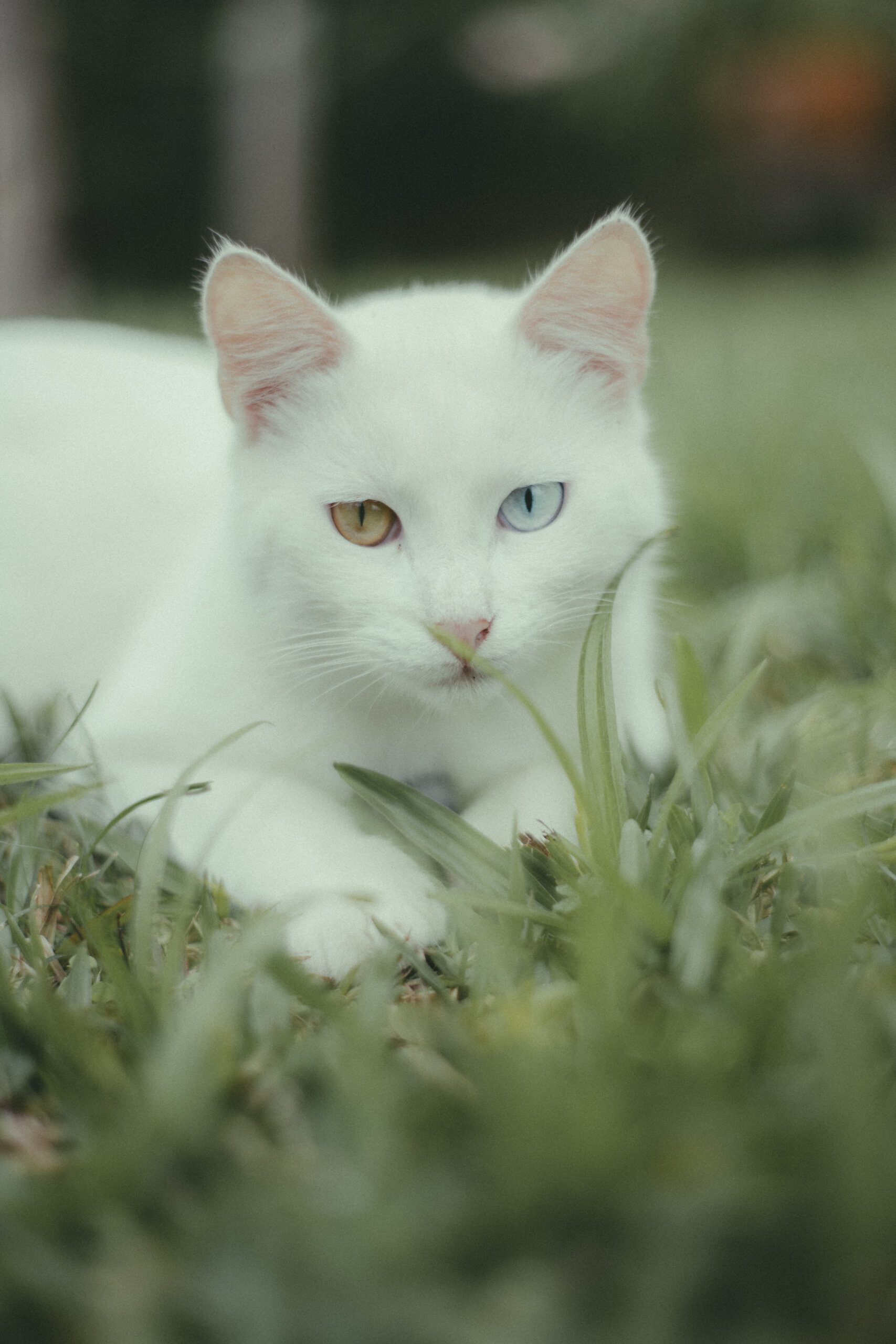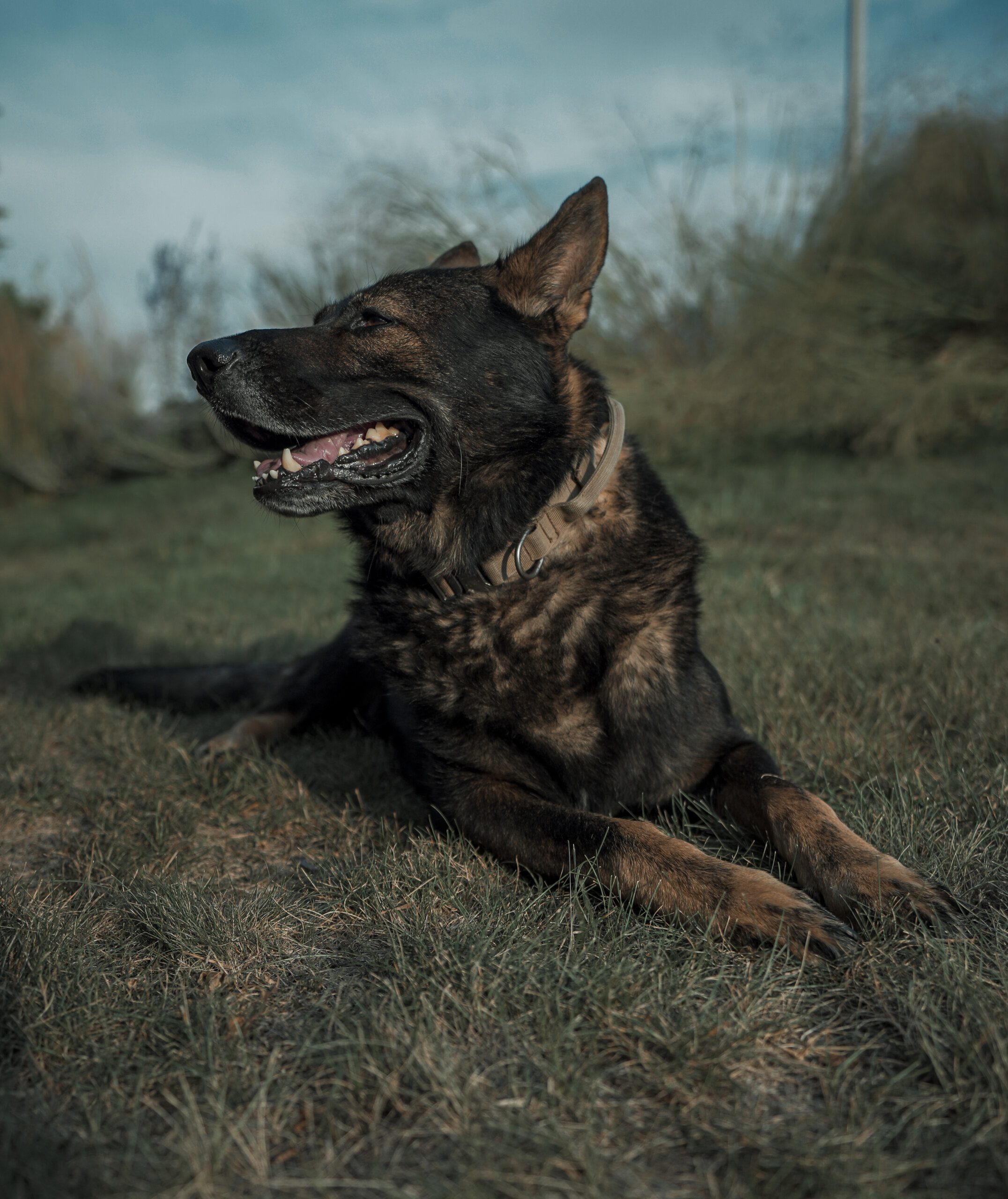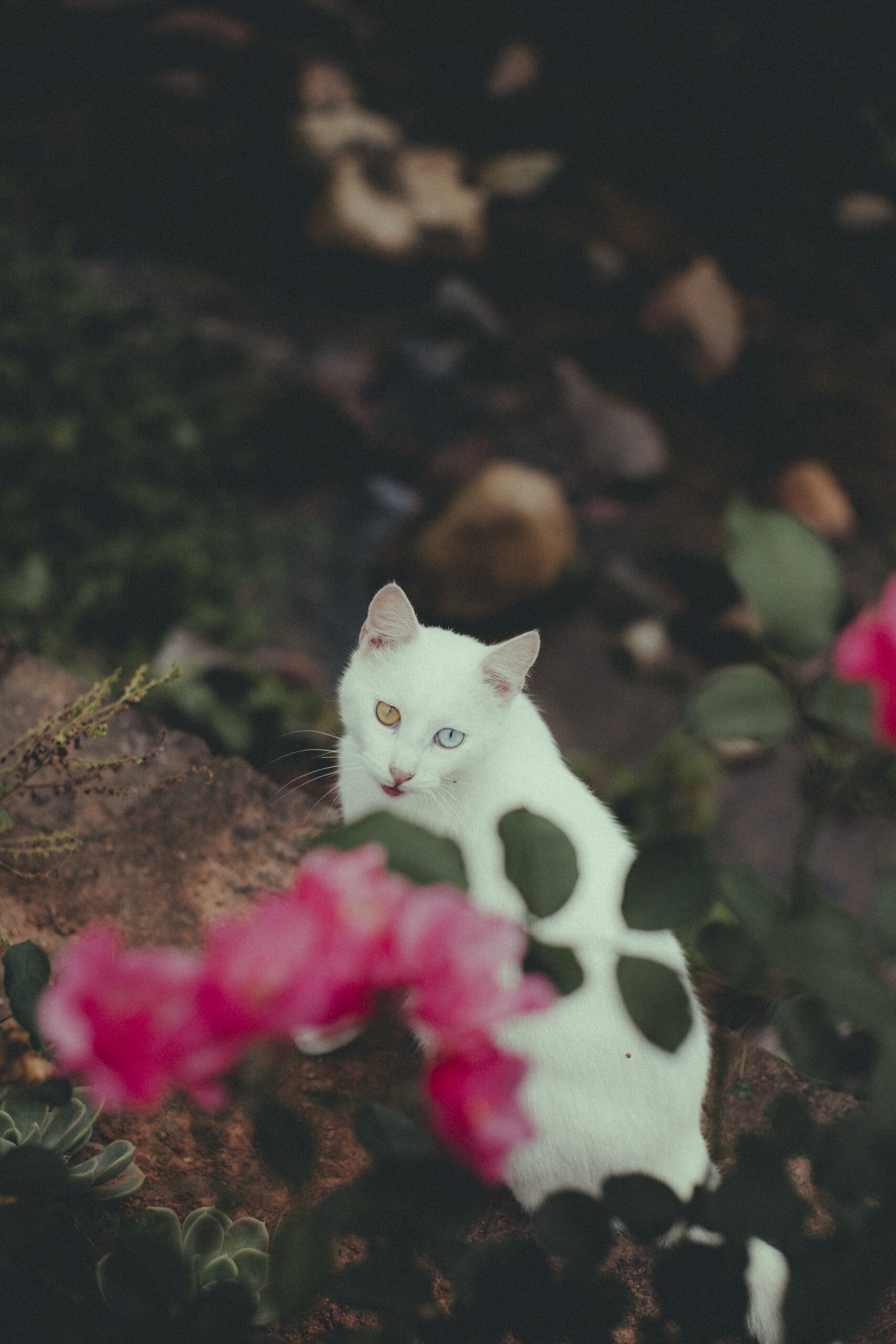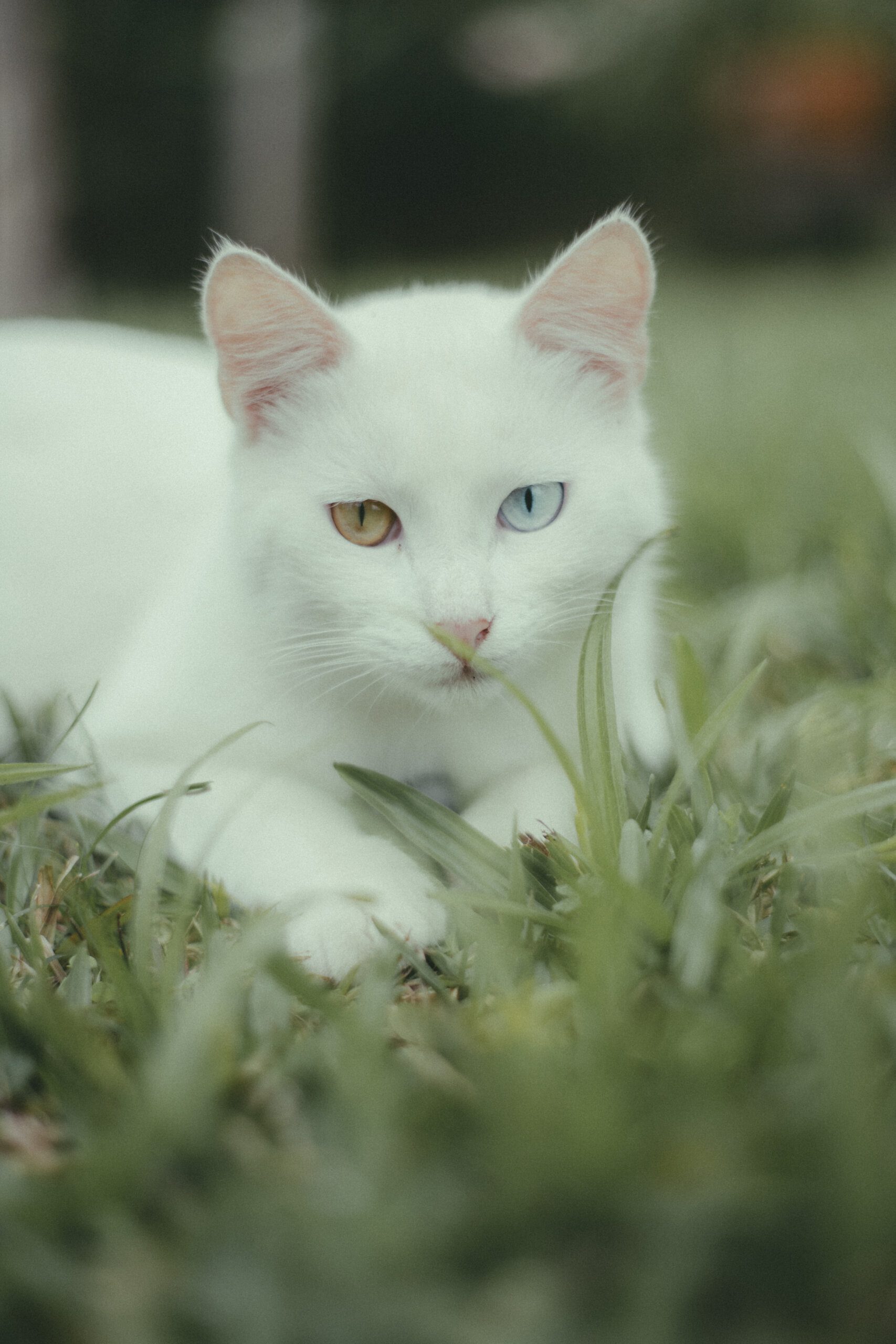Have you ever wondered if you can buy a capybara as a pet? These fascinating creatures, known for their friendly nature and unique appearance, have generated curiosity among animal lovers. In this article, we will explore the possibility of owning a capybara as a pet, discussing their care requirements, legal considerations, and the joys of having one as a furry companion. Let’s delve into the world of capybaras and see if they could be the perfect addition to your household.

Legal Considerations
Research Local Laws and Regulations
Before considering getting a capybara as a pet, it is crucial to research and understand the local laws and regulations concerning their ownership. Different countries, states, and even cities may have specific restrictions or requirements when it comes to exotic pets like capybaras. This research will ensure that you are aware of the legality and any additional obligations associated with owning a capybara in your area.
Check if it is Legal to Own a Capybara
Once you have gathered information about the general laws and regulations, the next step is to check specifically if it is legal to own a capybara as a pet in your locality. Some places might allow capybaras as pets, while others may prohibit or restrict their ownership. It is essential to be well-informed about the specific rules and regulations imposed by your local authorities to avoid any legal issues or complications in the future.
Obtain Necessary Permits and Licenses
In some areas where capybara ownership is allowed, you may need to obtain certain permits or licenses before bringing one home. These permits are usually required to ensure that the owners have the proper knowledge, facilities, and ability to care for the capybaras in their possession. It is vital to understand and comply with these procedures to ensure the legal and responsible ownership of your capybara.
Capybara Characteristics
Size and Appearance
Capybaras are the largest rodents in the world, reaching an average size of 2 to 2.5 feet tall at the shoulder and weighing about 100 to 150 pounds. They have a stout and barrel-shaped body with short limbs and a flat head. Their fur is thick and coarse, usually brownish or reddish in color, providing insulation both in water and on land. These unique physical attributes make them quite fascinating and distinct from most traditional pets.
Natural Habitat
Capybaras are native to South America, primarily found in the wetlands and grassy areas near rivers, lakes, and ponds. Their natural habitat consists of tropical and subtropical regions, where they can freely roam and swim in bodies of water. It is important to note that although they can adapt to different environments, recreating a suitable living space for them may require some effort and resources.
Behavior and Temperament
Capybaras are known for their social nature and friendly disposition. They are highly sociable animals and often live in large groups called “capybara communities” in the wild. These communities typically consist of one dominant male, several females, and their offspring. As pets, capybaras can form strong bonds with their human caregivers but still require interactions with their own kind or other suitable animal companions for their mental well-being.
Lifespan
Capybaras have a relatively long lifespan compared to many other rodents. In captivity, with proper care, they can live up to 8 to 12 years on average. However, some individuals may even reach their late teens with adequate nutrition and veterinary care. Taking this into consideration, adopting a capybara as a pet requires a long-term commitment and willingness to provide for their needs throughout their entire lives.
Social Needs
As highly social animals, capybaras have a strong need for companionship. In their natural habitat, they thrive in the presence of other capybaras and establish close bonds within their groups. When kept as pets, it is important to provide them with opportunities for socialization. This can be achieved by either having multiple capybaras or by ensuring regular interactions with other suitable animals, such as dogs or other sociable pets.

Housing Requirements
Indoor vs Outdoor Enclosure
When deciding on the type of enclosure for your capybara, you must consider various factors such as climate, available space, and local regulations. Capybaras require ample space to roam, as well as a place to retreat and rest. Depending on your circumstances, you can choose between an indoor enclosure, outdoor enclosure, or a combination of both. An indoor enclosure allows for easy climate control and protection against predators, while outdoor enclosures provide a more natural environment.
Size and Space
Capybaras need a substantial amount of space to lead a healthy and active life. The size of the enclosure should be large enough to enable them to walk or roam around freely. A minimum space requirement for one capybara is generally recommended to be around 10 feet by 10 feet. However, more space is always better, and if possible, providing a larger enclosure is highly recommended to ensure the well-being of your capybara.
Secure Fencing
Since capybaras are strong and agile, it is crucial to have secure fencing to prevent them from escaping or potential predators from entering their enclosure. The fencing should be high enough to deter jumping or climbing and made of durable materials that can withstand the capybara’s strength. Regular checks and maintenance of the fencing are necessary to ensure the safety and security of your capybara.
Temperature and Humidity
Capybaras are well-suited to warm and humid environments due to their natural habitat in South America. Therefore, maintaining suitable temperature and humidity levels in their enclosure is vital for their overall health. The enclosure should be equipped with temperature-regulating devices such as heaters or fans depending on the climate. Additionally, providing access to a swimming area or a shallow pool is beneficial as capybaras are semi-aquatic and enjoy bathing to regulate their body temperature.
Access to Water
Capybaras have a strong affinity for water and need access to a water source at all times. Whether it is a large, shallow pool or a small, easily accessible water basin, having a designated area for them to swim and submerge themselves in is essential. The water should be regularly monitored and kept clean to prevent the risk of bacterial infections or other water-related health issues.
Feeding and Nutrition
Herbivorous Diet
Capybaras are herbivores, which means their diet consists primarily of plant-based foods. Their diet typically includes grasses, vegetation, fruits, and vegetables. It is important to provide a diverse and balanced diet that meets their nutritional needs to ensure their overall well-being. Feeding capybaras a diet that is low in fiber or high in protein can lead to various health issues, so it is crucial to consult with a veterinarian or an exotic animal nutritionist for proper dietary guidelines.
Fresh Produce and Hay
The majority of a capybara’s diet should consist of fresh produce and high-quality hay. Leafy greens such as lettuce, kale, and spinach are excellent choices, along with other vegetables like carrots and bell peppers. It is important to offer a variety of fruits as well, but these should be given sparingly due to the sugar content. Good quality hay is essential for their gastrointestinal health and should be available to them at all times.
Supplements
In some cases, capybaras may require additional dietary supplements to ensure they receive all the necessary vitamins and minerals. This is especially important if their diet lacks certain nutrients or if they have specific health conditions. Consultation with a veterinarian who specializes in exotic pets can help determine if any supplements are needed and guide you on the appropriate dosages and administration methods for your capybara.
Water Source
Besides their love for swimming, capybaras also need access to fresh water for drinking. Clean and fresh water should be available to them at all times, either in a water bowl or a water dispenser that is easy for them to access. It is crucial to regularly change and sanitize the water container to maintain proper hygiene and prevent the risk of bacterial contamination.

Healthcare and Veterinary Needs
Find an Exotic Animal Veterinarian
Capybaras require specialized veterinary care, which means finding an experienced exotic animal veterinarian is essential. Not all veterinarians have the necessary knowledge and expertise to provide proper care for capybaras, so it is crucial to do thorough research and locate a reputable professional who is familiar with their unique needs. Regular veterinary check-ups and consultations are important for maintaining their health and well-being.
Preventive Care
Preventive care plays a crucial role in ensuring the long-term health of your capybara. This includes regular vaccinations and parasite control treatments. Vaccinations may vary depending on the region and the prevalence of certain diseases, so it is important to follow your veterinarian’s recommendations. Additionally, parasite control measures, such as regular deworming, should be implemented to minimize the risk of internal and external parasites.
Vaccinations and Parasite Control
Vaccinations are an important aspect of capybara care as they help protect against certain diseases. Common vaccinations for capybaras include those for tetanus, leptospirosis, and rabies. However, the specific vaccinations required may vary depending on the area and local veterinary recommendations. In addition to vaccinations, regular parasite control through deworming and external parasite prevention is essential for their overall health and well-being.
Health Monitoring
Regular health monitoring is crucial for detecting any signs of illness or underlying health issues early on. Capybaras are known to hide their symptoms when they are unwell, making it even more important to closely observe their behavior and physical condition. Regular check-ups with an exotic animal veterinarian, as well as being vigilant about any changes in appetite, behavior, or physical appearance, will help ensure prompt and appropriate medical attention if needed.
Socialization and Enrichment
Capybara Companionship
Given their highly social nature, providing companionship to capybaras is vital for their mental well-being. It is highly recommended to have at least two capybaras so that they can interact and bond with each other. If having multiple capybaras is not possible, regular interactions and playtime with humans, along with suitable enrichment activities, can help fulfill their socialization needs to some extent.
Introducing to Other Pets
When introducing capybaras to other pets, it is crucial to do so in a controlled and supervised manner. Some pets, such as dogs, may be more compatible with capybaras due to their social nature, while others may pose a risk to the capybara’s safety. It is essential to carefully assess the temperament and compatibility of your existing pets with capybaras before attempting introductions, always prioritizing the safety and well-being of all animals involved.
Stimulation and Enrichment Activities
Capybaras benefit greatly from various forms of mental and physical stimulation. Providing them with enrichment activities helps prevent boredom, stimulates their natural behaviors, and promotes overall well-being. This can include providing them with toys, puzzles, and suitable items to chew on. Additionally, providing opportunities for exploration, such as hiding food in their enclosure or creating obstacle courses, can keep them mentally and physically engaged.
Costs and Expenses
Initial Purchase Cost
The cost of purchasing a capybara can vary depending on various factors such as location, availability, and breeder reputation. On average, the cost of obtaining a capybara can range from several hundred to several thousand dollars. It is important to consider not only the purchase cost but also the long-term expenses associated with their care and maintenance before making the decision to bring a capybara into your home.
Habitat Setup Expenses
Creating a suitable habitat for a capybara can be a significant expense. This includes purchasing or building an appropriate enclosure, providing suitable bedding, installing temperature-regulating devices, and ensuring secure fencing. The cost will vary based on the size and complexity of the enclosure, the materials used, and any additional features or amenities you choose to include.
Ongoing Care and Maintenance
Capybaras require regular care and maintenance, which inevitably includes ongoing expenses. These include purchasing fresh produce, high-quality hay, and any necessary dietary supplements. Regular upkeep of their enclosure, such as cleaning, replacing bedding, and maintaining temperature and humidity levels, may also require additional expenses. It is important to budget for these ongoing costs to ensure the consistent provision of proper care for your capybara.
Veterinary and Health Expenses
Capybaras, like any other pets, may require veterinary care throughout their lives. This includes preventive vaccinations, periodic health check-ups, parasite control treatments, and any necessary medical interventions. Veterinary expenses can vary depending on your geographical location, the specific veterinary services required, and the overall health of your capybara. It is important to budget for these potential expenses and have access to appropriate veterinary care.
Availability and Sources
Exotic Pet Breeders
If owning a capybara is legal in your area, one potential source for acquiring a capybara is through reputable exotic pet breeders. Exotic pet breeders specialize in breeding and raising capybaras and can provide guidance and support throughout the process of acquiring and caring for a capybara. It is essential to thoroughly research and choose a reputable breeder who prioritizes the welfare and health of their animals.
Reputable Rescue Organizations
Another potential source for acquiring a capybara is through reputable rescue organizations or sanctuaries. These organizations may have capybaras available for adoption, usually sourced from situations where the animals were surrendered or rescued from neglectful or abusive environments. Adopting from such organizations not only provides a home for a capybara in need but also supports the cause of animal welfare and rescue.
Commitment and Time Requirements
Daily Care and Maintenance
Capybaras require daily care and maintenance to ensure their well-being. This includes providing fresh food and water, cleaning their enclosure, and observing their behavior for any signs of illness or discomfort. Regular interactions and socialization with humans or compatible animal companions are also essential for their mental and emotional health. It is important to consider and allocate the necessary time to meet these daily care and maintenance requirements.
Time for Socialization and Bonding
Building a bond with your capybara requires time and effort. This entails spending quality time with them, engaging in socialization activities, and understanding their individual needs and preferences. Patience and consistency are key to fostering trust and establishing a healthy and fulfilling relationship with your capybara. It is important to dedicate the necessary time to develop and maintain this bond throughout their lifespan.
Long-Term Responsibility
Before bringing a capybara into your life, it is essential to understand the long-term commitment and responsibility involved. Capybaras can live for over a decade, requiring continuous care, attention, and resources throughout their lifespan. This includes providing for their physical, social, and emotional needs while adapting to any changes or challenges that may arise. Owning a capybara is a significant commitment that should not be taken lightly.
Conclusion
Owning a capybara as a pet can be a unique and rewarding experience. However, it is crucial to understand the legal considerations, as well as the specific characteristics, housing requirements, and nutritional needs of these remarkable creatures. Providing proper healthcare, socialization, and enrichment activities, while budgeting for the associated costs, are all essential aspects of responsible capybara ownership. By thoroughly researching and understanding the commitment and time requirements involved, you can make an informed decision about whether a capybara is the right pet for you.



